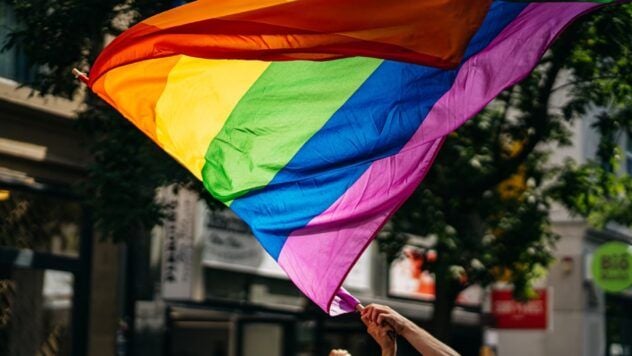
In Budapest, during the celebration of the 30th anniversary of the local pride, a record-breaking march took place: according to the organizers, between 180,000 and 200,000 people took part in the march, which significantly exceeded the expected number of participants of 35,000-40,000.
CNN reports this.
Thousands of Hungarians and MEPs support Budapest Pride despite government ban
Mass demonstration against the Hungarian government's policies. Despite record support, the current march took place against the backdrop of a sharp increase in the authorities' rhetoric against the LGBTQ+ community in the country.
Now watching
In hot weather, demonstrators marched through the streets of the capital carrying Solidarity posters from Budapest Pride and signs with crossed-out images of Prime Minister Viktor Orban.
Music played from portable speakers and people of all ages joined the march: families with strollers, teenagers in capes and elderly residents next to the activists.
From the historic city centre to the waterfront, the column grew steadily in numbers and volume, openly reclaiming public space in defiance of the law designed to oust them.
The march was in open defiance of a police ban passed earlier this year as part of new legislation banning LGBTQ+ activities across the country.
Participants held up handmade posters: one reading Transgender people are blessings on this earth, another reading Proud. United. Levels in every corner of the EU.
According to organisers, at least 70 members of the European Parliament were expected to join the march.
Van Sparrentak, a Dutch lawmaker for the Greens/European Free Alliance, told CNN that she was attending Budapest Pride to support Hungary's LGBTQ+ community, to let them know that they are not themselves, and to be a visible part of the community.
“Pride is a protest, and if Orban can ban Budapest Pride with impunity, every pride in Europe will be under threat after any election,” she added.
In March, Hungarian lawmakers passed a law banning Pride events and allowing the use of facial recognition technology to identify participants – moves that activists have called illegal and part of a broader crackdown on the LGBTQ+ community.
Orban welcomed the ban, arguing that it protects children. His government has been pushing a conservative and Christian agenda.
The ban sparked widespread protests in Budapest in March, with Pride organisers saying the festival would go ahead despite the new law.
A petition to lift the ban has already collected more than 120,000 signatures from 73 countries, calling on authorities to reject this unjust law and ensure that the march takes place unhindered and peacefully, without discrimination, harassment, fear or violence.

